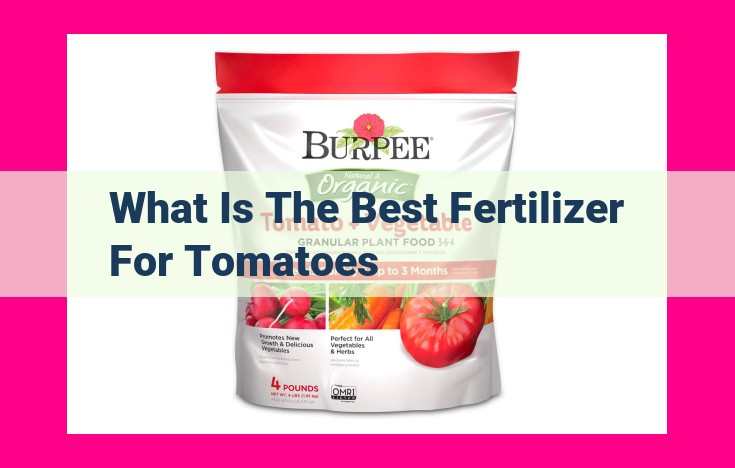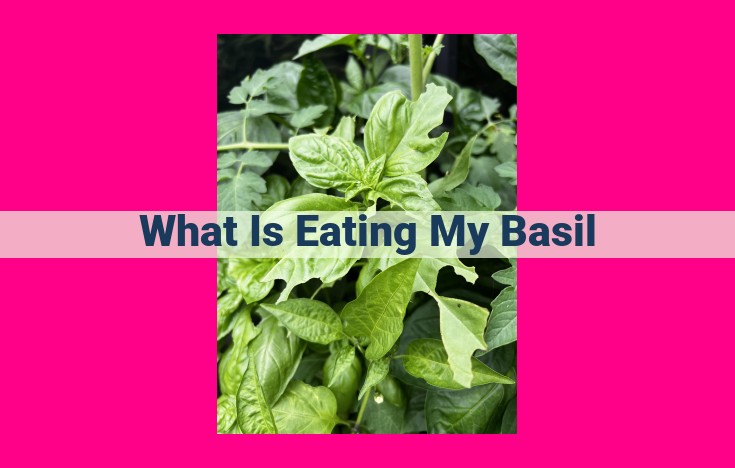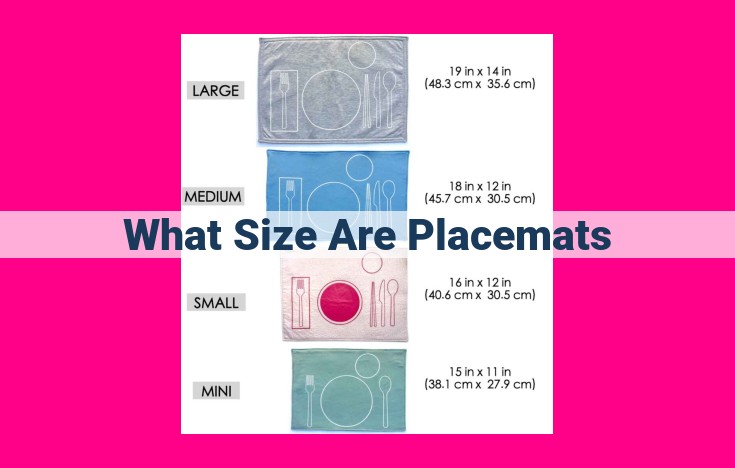Complete Guide To Fertilizing Tomatoes For Optimal Growth And Yields

Tomatoes thrive in nutrient-rich soil. Nitrogen promotes foliage growth, phosphorus supports root development, and potassium enhances fruit size and quality. Organic fertilizers, like compost, add essential nutrients and improve soil health. Choose fertilizers with a balanced N-P-K ratio, such as 10-10-10 or 5-10-10. Nitrogen-rich fertilizers, like ammonium sulfate, provide a quick boost to plants. Phosphorus-rich fertilizers, like bone meal, promote root growth. Potassium-rich fertilizers, like potassium nitrate, enhance fruit production. Calcium-rich fertilizers, like gypsum, regulate soil pH and improve nutrient availability
Soil Nutrients and Amendments: A Guide to Healthy Soil
Every gardener understands the importance of healthy soil. Soil provides plants with the nutrients they need to thrive and plays a crucial role in overall plant growth. Nurturing your soil with the right nutrients and amendments can make a world of difference in the health and productivity of your plants.
Essential Soil Nutrients
Nitrogen is a vital nutrient for plant growth, promoting the development of lush foliage and stems. Nitrogen is abundant in organic matter and can also be supplied through fertilizers.
Phosphorus aids in root development and supports flowering and fruiting. It’s commonly found in rock phosphate and bone meal.
Potassium enhances plant health and resilience, contributing to disease resistance and fruit quality. Banana peels, wood ash, and sulfate of potash are rich sources of potassium.
Calcium helps maintain soil structure and supports cell division in plants. It can be added to the soil through gypsum or limestone.
Organic Fertilizers and Soil Amendments
Organic fertilizers provide a natural source of nutrients for plants, improving soil health and structure. Compost, manure, and blood meal are examples of organic fertilizers.
Composting breaks down organic matter into a valuable soil amendment rich in nutrients. Creating quality compost requires a balance of green and brown materials and proper aeration.
Soil amendments alter soil properties, such as pH or drainage. Gypsum reduces soil compaction, while lime raises pH levels and unlocks phosphorus. Sulfur, on the other hand, lowers pH and improves nutrient availability.
Fertilizers: A Vital Tool for Crop Production
In the realm of agriculture, fertilizers play a crucial role, empowering farmers to cultivate thriving crops. Fertilizers are substances that provide essential nutrients to plants, enabling them to achieve optimal growth and yield. By understanding the different types of fertilizers and their functions, we can harness their power to nourish our crops and secure a bountiful harvest.
Defining Fertilizers
Fertilizers are materials added to soil to supplement the nutrients required for plant growth. These nutrients, such as nitrogen, phosphorus, potassium, and calcium, are essential for various physiological processes. Nitrogen, for example, promotes leaf growth, while phosphorus aids in root development. Potassium supports overall plant health, and calcium contributes to cell wall integrity.
Nitrogen-Rich Fertilizers
Nitrogen is a key nutrient for plant growth. Nitrogen-rich fertilizers, such as urea, ammonium nitrate, and ammonium sulfate, provide this vital element in abundance. These fertilizers accelerate plant growth, resulting in larger leaves, more blooms, and increased yield. However, it is crucial to apply nitrogen fertilizers judiciously, as excessive amounts can lead to environmental problems and crop damage.
Phosphorus-Rich Fertilizers
Phosphorus is essential for root development and seed production. Phosphorus-rich fertilizers, such as superphosphate, bone meal, and rock phosphate, promote strong root systems and enhance flowering and fruiting. Phosphorus deficiency can stunt plant growth and reduce yields.
Potassium-Rich Fertilizers
Potassium is a nutrient that improves plant resilience and tolerance to stress. Potassium-rich fertilizers, such as muriate of potash, sulfate of potash, and wood ash, strengthen plant stems, promote disease resistance, and enhance fruit quality. Adequate potassium levels also increase water retention and reduce the risk of wilting.
Calcium-Rich Fertilizers
Calcium is a nutrient that plays a vital role in soil pH regulation. It neutralizes acidic soils, improves soil structure, and promotes root growth. Calcium-rich fertilizers, such as lime, gypsum, and bone meal, correct soil pH imbalances and enhance the availability of other nutrients.
Fertilizers are indispensable tools in modern agriculture. By providing essential nutrients to plants, they ensure optimal growth, yield, and plant health. Understanding the different types of fertilizers and their functions enables us to optimize fertilizer application and maximize crop production. With the judicious use of fertilizers, we can nourish our crops sustainably and meet the growing global demand for food.





